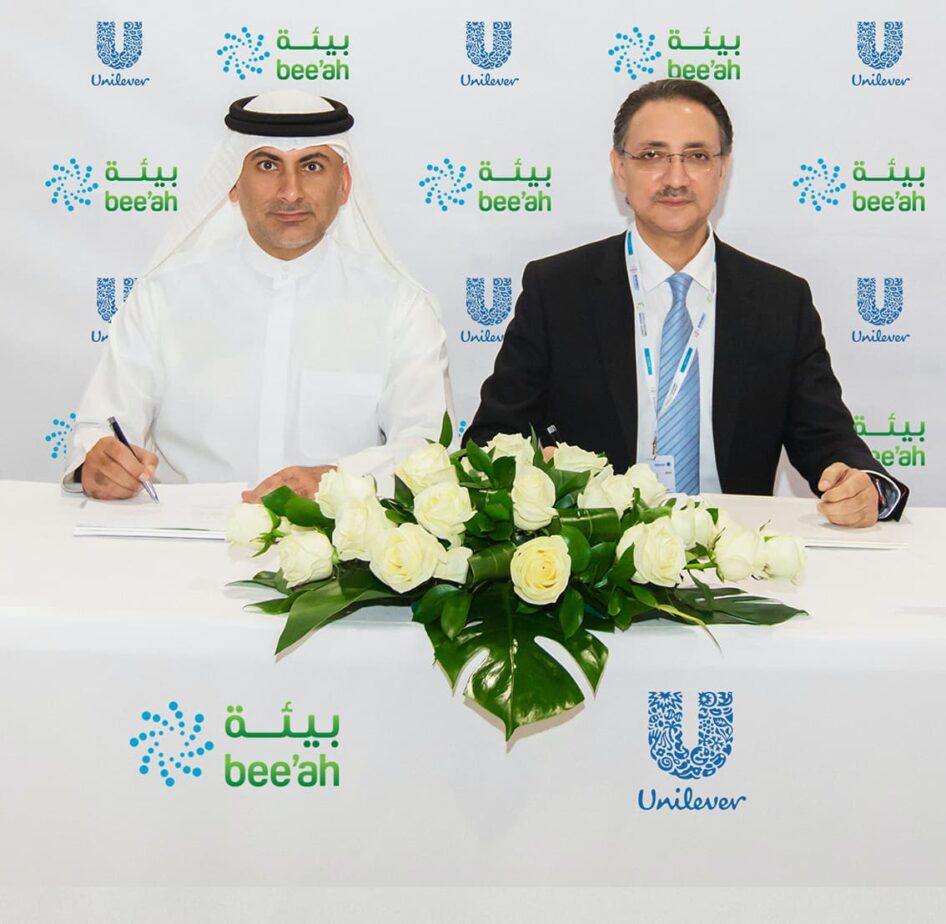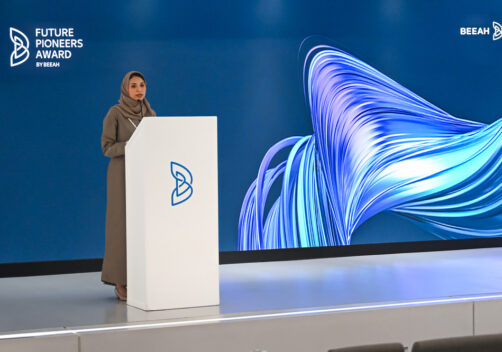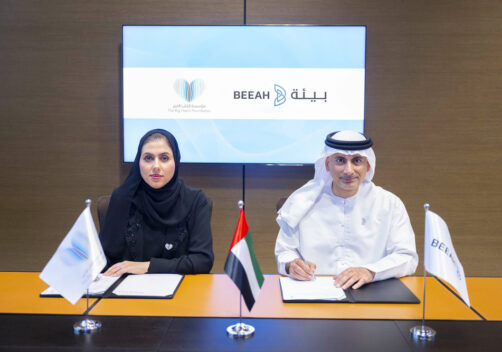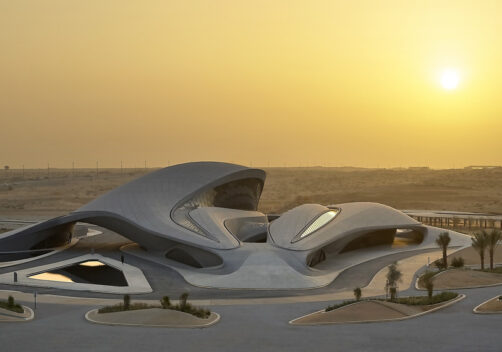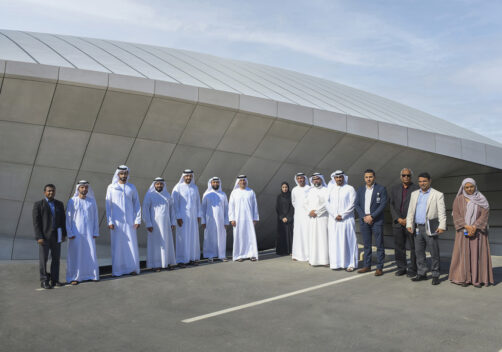Companies to collaborate on exploring investment in a plastic recycling plant with an annual capacity of 14,400 tonnes
Abu Dhabi, 15 January 2020: Bee’ah, the Middle East’s sustainability pioneer, and Unilever Gulf, one of the region’s leading suppliers of beauty and personal care, home care, and foods and refreshment products, announced a memorandum of understanding (MoU) at Abu Dhabi Sustainability Week 2020 to explore collaboration in an end-to-end integrated plastic recycling management system, through ambitious plans for a new recycling plant in the UAE.
Given Bee’ah’s expertise in waste management and recycling, this partnership supports UAE Vision 2021 targets to divert waste from landfills. It also supports Unilever’s latest sustainability commitments that seek to reduce its plastic waste and help create a circular economy for plastics. This is in addition to ensuring that Unilever’s plastic packaging is reusable, recyclable or compostable while it aims to use at least 25 percent recycled plastic in its packaging – all by 2025.
“Bee’ah is leading the charge for sustainability and a circular economy in the UAE. This agreement with Unilever addresses plastic pollution through a holistic approach and how Bee’ah can become a strategic partner that supports companies with their environmental, social and governance targets,” said H.E. Khaled Al Huraimel, Bee’ah Group Chief Executive Officer. “As we continue to introduce innovations that facilitate sustainable living in the UAE and the region, we welcome the chance to work with other companies and industries to tackle challenges in a collaborative manner.”
“At Unilever, we believe that our packaging is our responsibility and while plastic has its place, that place is not in the environment. We are therefore committed to collecting back more than we sell, in order to ensure the development of a circular economy locally and are delighted to partner with Bee’ah on this important agenda,” said Sanjiv Kakkar, Executive Vice President of Unilever MENA, Russia, Ukraine, Belarus & Turkey. “This supports the larger commitment we made in 2010 as a part of the Unilever Sustainable Living Plan towards decoupling our environmental footprint from our growth. A circular economy ensures that the economic value of plastic is not lost whilst also creating new opportunities for increased economic activity through the creation of new business.”
As part of the agreement, both companies will explore the use of reverse vending machines to help collect plastic waste. Launched in 2011, Bee’ah’s RVMs have been a successful community development project that encourages UAE residents to leave a positive impact on the environment.
Bee’ah and Unilever will also undertake feasibility studies to jointly invest in a new plastic recycling facility, with the capacity to recycle plastic waste and produce 14,400 tonnes of recycled high-density polyethylene and polypropylene annually. Closing the loop, Unilever will be able to purchase the produced post-consumer resin to incorporate in its product packaging.
In addition to the plastic waste collection and recycling efforts, Bee’ah and Unilever will aim to collaborate towards the implementation of a community awareness outreach initiative. This involves co-developing educational content to be added on the Bee’ah School of Environment platform – which has a reach of over 250,000 students, 5,000 teachers and 1000 registered users – and to include a new category of recyclables as part of the BSOE’s Interschool Recycling Competition.
Plastic pollution has become a global waste crisis. Around 8.3 billion metric tonnes of plastics are produced globally, of which 75.9 percent become waste and only 9 percent is recycled, according to an American Association for the Advancement of Science study in 2017. If present trends continue, the study’s authors forecast around 12 billion metric tonnes of plastic will end up in landfills by 2050.
